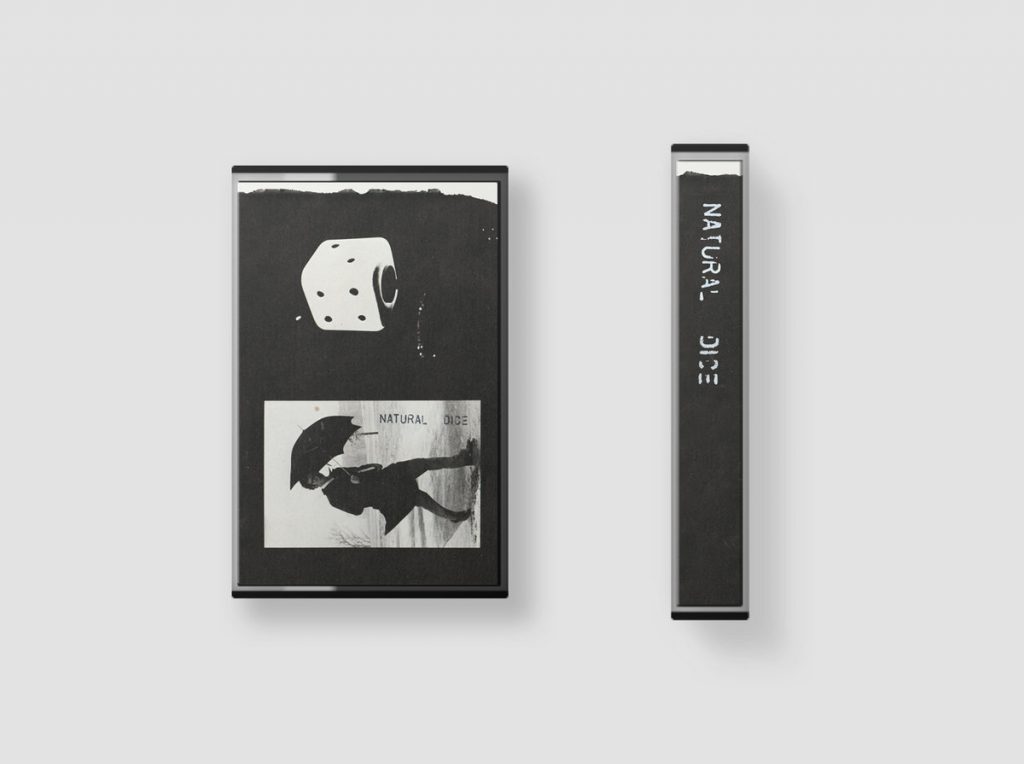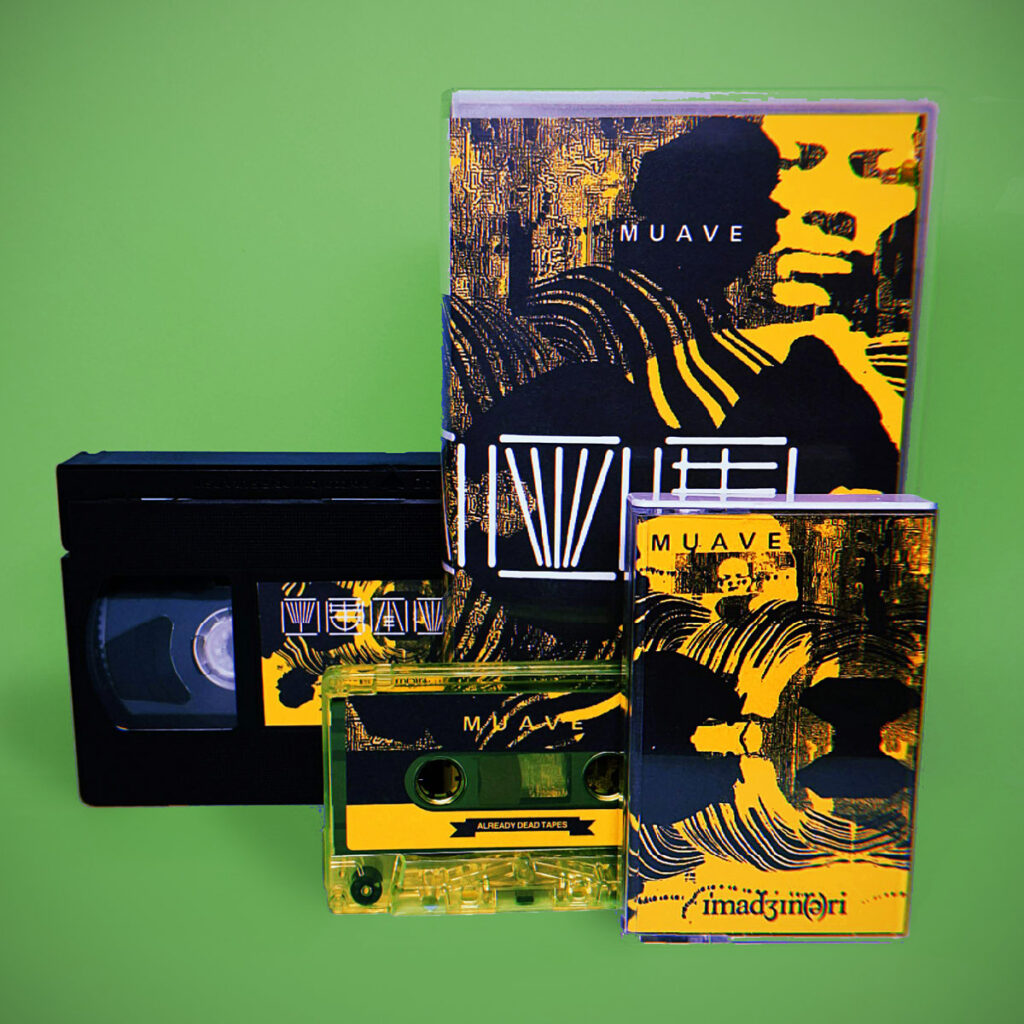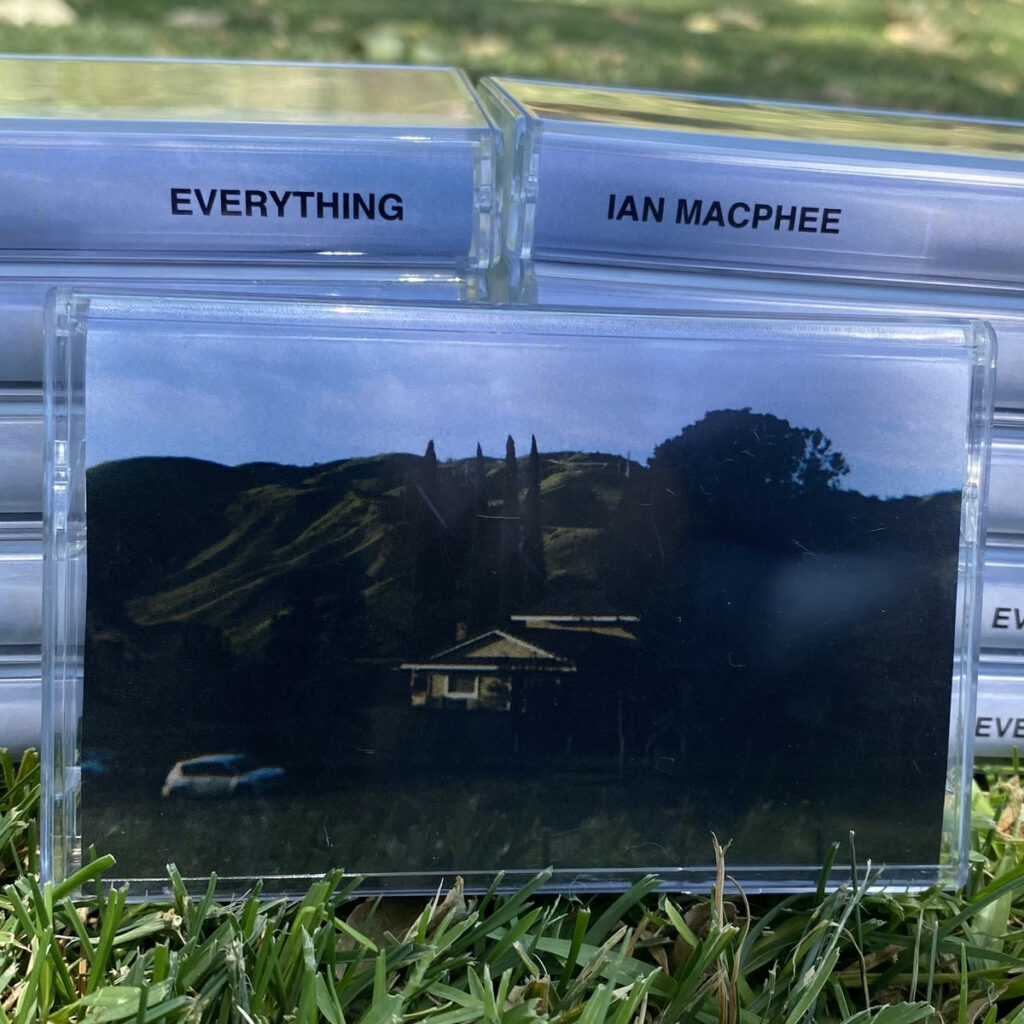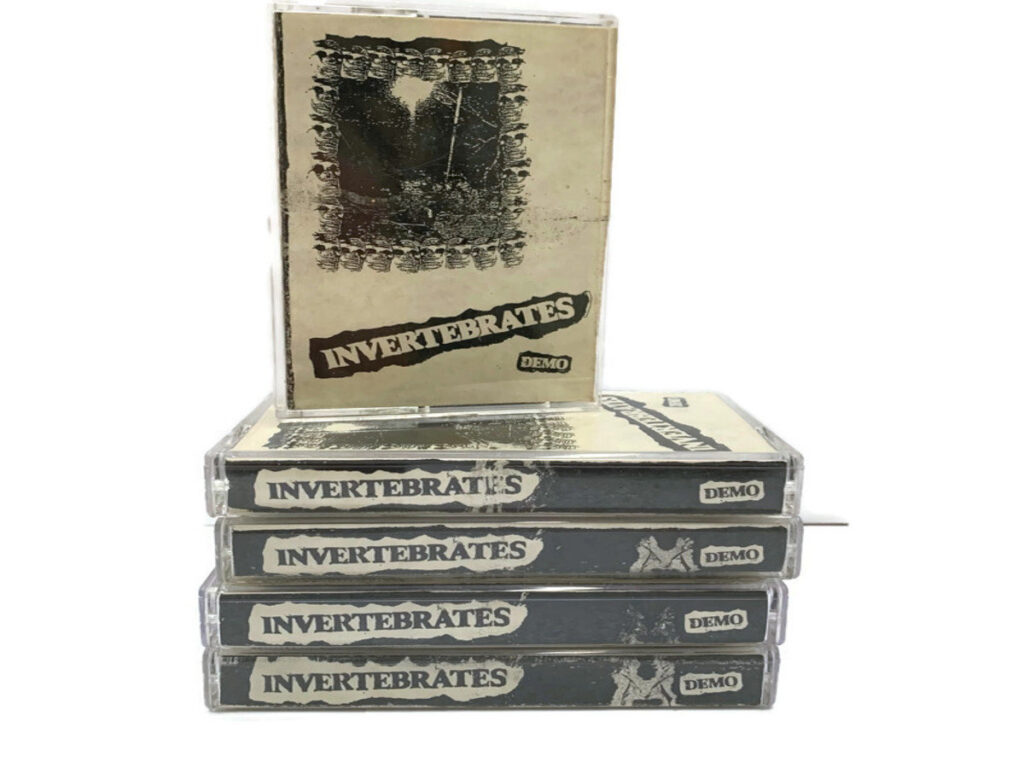Natural Dice – s/t
11.4.22 by Matty McPherson

Dan Melchoir is a phenomenally busy type of guitarist. Releases of any and all calibers have popped up across an underground network with striking consistency on the annual. Yet, Melchoir’s most accomplished releases of the decade have been time-aversive ruminations. Cudighi’s one-two knockout of Odes and (the even more warped) Other Odes presented an image of a guitarist decades into his career contemplating and grieving with guitar and 4-track lo-fi karaoke machine recording offered candlelit, insular paeans. That he opted to let the pieces linger and simmer for years, avowing them of one context and thrsuting them towards another, suggested a new process of songwriting that could be fleshed out in the future. A year of instrumental guitar tape trading with Jason Henn presented such an opportunity with their self-titled tape under the Natural Dice moniker back in March, released on Radical Documents.
The tape j-card doesn’t tell you name of these cuts across the C36. The Bandcamp legitimately just separates the tracks as two side long pieces with 5 songs for the front side, 4 for the back. But I don’t really think we need to know names here. For, the process of the overdub is really quite simple. One gentleman graces one style of guitar chugging and the other gentleman responds with his style of choice accordingly. For both individuals, the goal is both to either maintain a drawling, lucid rhythm OR entertain the possibility of upending their partner’s riff with their own slick left-turns (noise, organ, angular guitar chord). For both, this presents itself with a myriad of possibilities that do not quite stick to one definitive style. As a result, Natural Dice has a gracious, personable characteristic. We really are just hearing two guitar brethren send each other messages and try to see what might be referenced or contemplated, and from there what is “realized.” The tape may be dated back to early spring, but it’s carries with it the gusto of a low-winter-sun that’s so appealing right now.
It’s a style of playing that probably evokes a greater realm of sounds somewhere between 90s New Zealand guitar tinkering (think Roy Montgomery’s Kranky releases or Drag City’s essential I Hear the Devil Calling Me 7″) and doom metal. It only takes a few minutes of Side A (Inorganic Shuttlecock) for this approach to unleash a drone folk and noise jam freakout that proves that rather well. Wisps meanwhile, hushes down to a just Mark Hollis’ “play one note well” approach as one of the duo loops a singular chord that sounds of Runeii in acetate demo formation. “Convenient Amnesia” is borderline Labradfordian, with a droning organ invoking wide desolations as one chord being strung producing an affect akin to hearing a train cross the tracks. Schweik, which closes Side A, in particular captures both guitarists chewing on a classic doom-laden drone that gives a metallic bent to the dusty folk.
Side B’s more precocious and graceful. Underneath a low-end stuttered rhythm, edges of reverb produce melodic, sun-drenched tones through “The Genesis Restaurant.” All the while, a spoken word sample flickers as if its coming from a nitrate film print one room over. Definitive highlight “Dailies -> Song for Snacks” follows next, a raucous, bluesy 75 Dollar Bill-style guitar piece of two mavericks clashing. Each taking their respective halves to construct an exponential realization that ruminates and chews the scenery when it’s not in the nitty gritty downtime. It’s that middle spot that suddenly sees saloon piano keys enter across the edges of the mix and the drone become stretched to jumbo size, evoking High Aura’d. Final closer, “The Speed Bag Bible” legit could have closed Gonerfest 19, a perfect jam and victory capper to the litany of sounds offered up.
Edition of 100 Limited Edition Cassettes available at the Radical Documents Bandcamp Page




